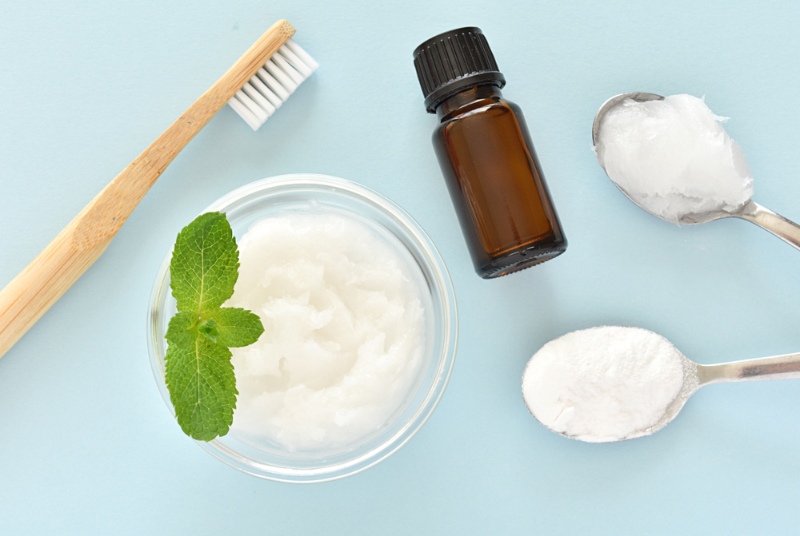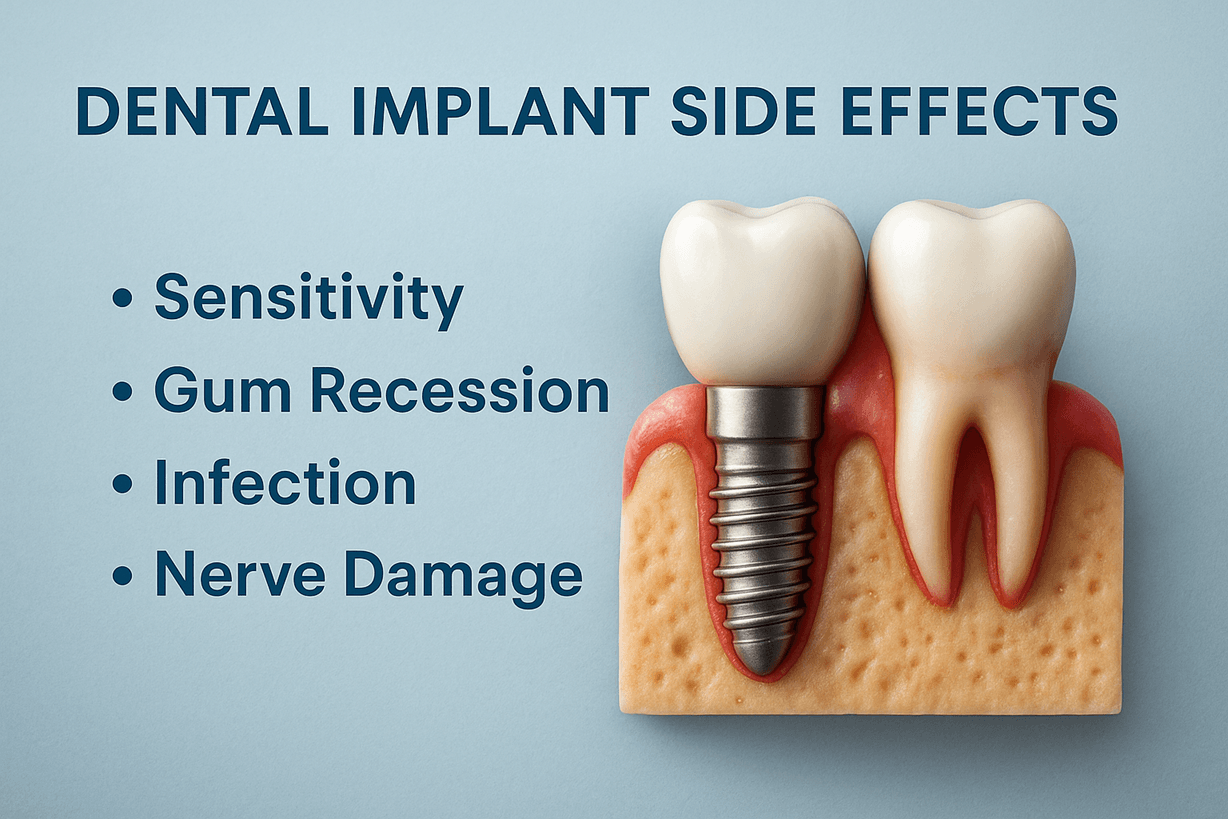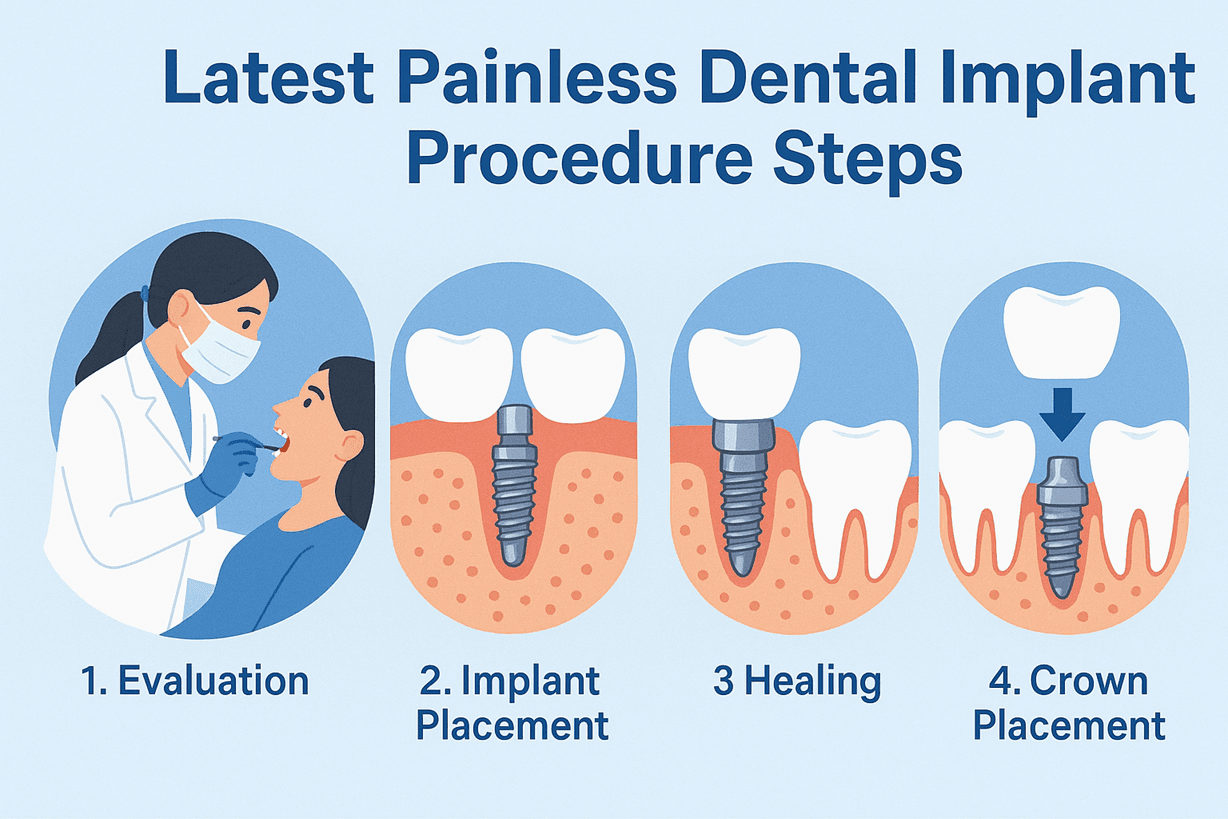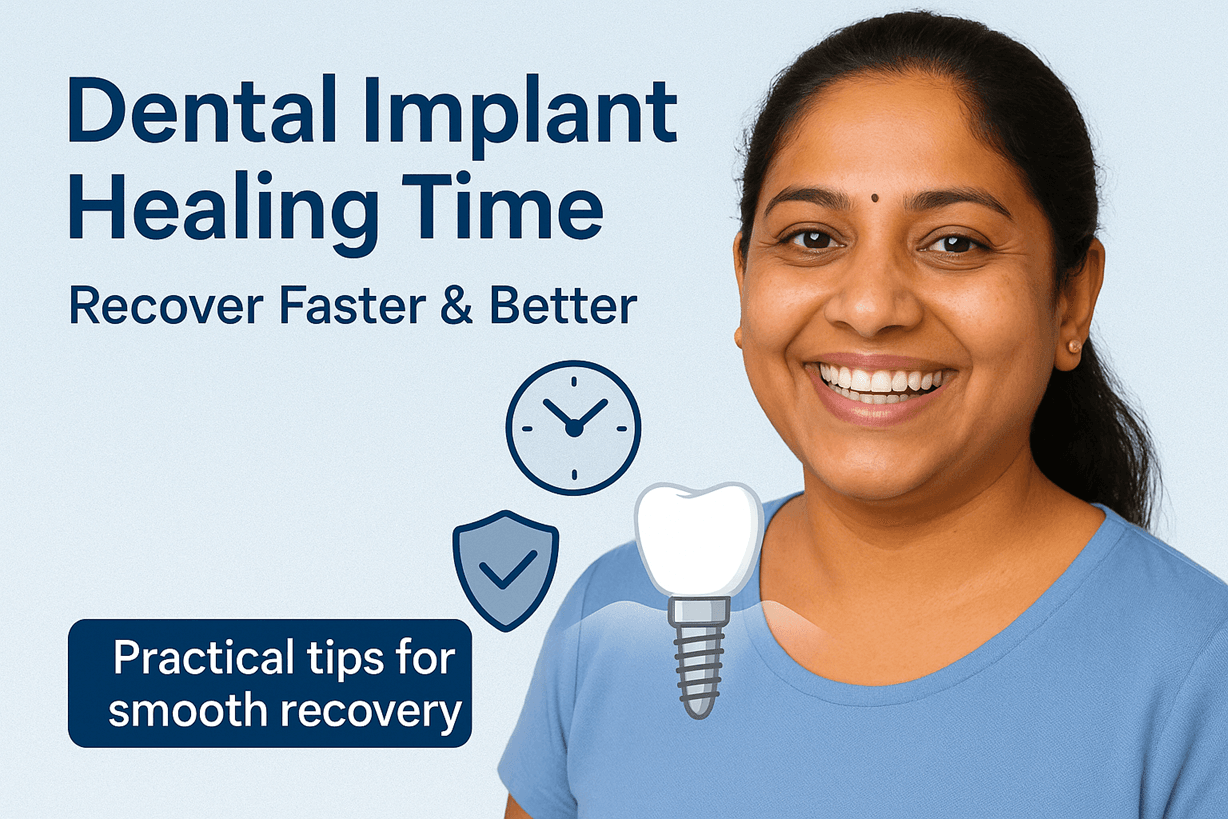Contents
Welcome to our blog post on home remedies for tooth cavities! Are you tired of the constant trips to the dentist and want to take control of your oral health?
Well, look no further because we have compiled a list of easy tips that will keep your smile healthy and bright. From natural remedies to daily habits, we've got you covered.

So sit back, relax, and get ready to learn how you can prevent cavities from ruining your pearly whites!
Home Remedies for Tooth Cavity Prevention
Dentists must treat cavities professionally.
Several home remedies, on the other hand, can strengthen tooth enamel, reversing early demineralization and preventing dental decay. This is called remineralization, and it prevents cavities from forming.
- Regular brushing, flossing, and tooth cleanings with a dentist can help to prevent and reverse cavities.
- Using fluoride to prevent decay and cavities is a tried and true method. High-fluoride toothpaste or direct fluoride treatment aids in the remineralization of tooth enamel and the prevention of cavities.
- According to a 2018 study, high-fluoride toothpaste prevents cavities more efficiently than low-fluoride toothpaste.
- A review published in 2020 discovered that sodium fluoride mouth rinse is the most effective treatment among the self-applied fluoride methods examined in the study.
Home Remedies for Treating a Cavity
Tooth cavities, also known as dental caries or tooth decay, are a common oral health problem that affects people of all ages. Cavities occur when the hard surface of the tooth, called enamel, is damaged by acids produced by bacteria in the mouth.
These acids are typically formed when sugars and starches from food and drink are not properly cleaned from the teeth. If left untreated, cavities can lead to toothache, infection, and even tooth loss.
Professional dental treatments are crucial for managing and treating cavities once they form. However, many people are unaware that several preventive measures can be taken at home to strengthen tooth enamel and prevent cavities from developing in the first place.
This process is known as remineralization, where minerals are restored to the enamel before significant decay occurs.
By incorporating proper oral hygiene practices, such as regular brushing, flossing, and using fluoride products, one can effectively protect their teeth from cavities.
Fluoride, in particular, plays a vital role in the prevention of cavities by enhancing the remineralization process and making the enamel more resistant to acid attacks. Scientific studies have shown that high-fluoride toothpaste and fluoride mouth rinses are highly effective in preventing dental decay.
This guide explores some effective home remedies and preventive practices to help maintain strong and healthy teeth, minimize the risk of cavities, and support overall oral health.
1. Oil Pulling
Oil pulling is an ancient Ayurvedic practice that involves swishing a tablespoon of sesame or coconut oil in the mouth for about 20 minutes before spitting it out.
While some of its benefits are still being researched, studies suggest that oil pulling can improve oral health by reducing harmful bacteria, plaque, and gum inflammation.
A 2017 study found that oil pulling reduces oral bacteria and plaque, while a 2020 study indicated that coconut oil pulling may improve dental health and hygiene. However, experts caution that more research is needed to fully confirm its effectiveness.
2. Aloe Vera
Aloe vera tooth gel may help combat the bacteria responsible for cavities. A 2019 study found that aloe vera gel has antibacterial properties that can inhibit bacterial growth in the mouth, potentially preventing cavity formation.
Additionally, a 2017 study reported that a combination of aloe vera and tea tree oil is an effective cavity disinfectant, showing results similar to standard disinfectants like chlorhexidine. While more research is needed, aloe vera's antibacterial effects make it a promising natural remedy for preventing dental cavities.
3. Vitamins and Minerals
Strong, healthy teeth rely on essential minerals like calcium, phosphorus, and magnesium. Among these, vitamin D plays a vital role in:
Supporting healthy tooth development.
Protecting against dental caries (cavities).
Enhancing calcium release in saliva helps remineralize tooth enamel.
A 2020 article highlighted that a deficiency in these minerals can lead to absorption problems, increased gum bleeding, and even tooth loss. Vitamin D, specifically, helps prevent cavities by strengthening the enamel.
A 2021 study found that children with dental caries had lower levels of vitamin D in their blood and calcium in their saliva. It’s important to note that vitamin D requires magnesium for proper absorption; without it, enamel may remain too soft to resist acidic damage, leading to decay.
Tips for Preventing Further Damage to Your Teeth
1. Avoid sugary foods and drinks:
To avoid dental decay, you must avoid sugar in all its forms. Sugar can be found in candies, sodas, corn syrup, condiments such as ketchup, protein bars, energy drinks, fruit juices, and a variety of other products.
Sugars nourish the pathogenic bacteria that live on your teeth and in your oral microbiota. When bacteria digest sweets, they produce acids that cause tooth decay. If you deprive these germs of sugar, tooth decay will halt or stop entirely.
2. Practice good oral hygiene:
Brushing and flossing your teeth regularly helps remove plaque and bacteria that can damage your teeth. Be sure to use a toothbrush with soft bristles to avoid scrubbing too hard and injuring your gums.
3. Use fluoride toothpaste:
1. Benefits and Risks of Fluoride Toothpaste:
Benefits: Fluoride toothpaste is well-known for its effectiveness in strengthening tooth enamel and reversing early signs of tooth decay through the process of remineralization.
Risks: Excessive fluoride consumption has been linked to several health issues, including:
Decreased IQ in children.
Dental and skeletal fluorosis (a condition caused by high fluoride intake that leads to discolouration and weakening of bones and teeth).
Low blood pressure.
Birth abnormalities.
Recommendation for Children: Because young children (under the age of six) have underdeveloped swallowing reflexes, they are more prone to accidentally ingest toothpaste. Many experts now recommend using fluoride-free toothpaste or just water on the toothbrush for young children to minimize the risk of fluoride ingestion.
2. Natural and Fluoride-Free Toothpaste Options:
Natural Toothpaste Benefits: Toothpaste made with natural ingredients such as essential oils, prebiotics, and essential vitamins can support dental health without the potential risks associated with fluoride. These ingredients often have natural antibacterial and anti-inflammatory properties that help maintain a healthy mouth.
Prebiotic Toothpaste: Revitin is a popular fluoride-free toothpaste that contains prebiotics to promote a balanced and healthy oral microbiome, supporting overall dental health.
3. Hydroxyapatite (HAP) Toothpaste as an Alternative:
What is HAP? Hydroxyapatite (HAP) is a natural mineral that makes up the majority of tooth enamel and bone. HAP toothpaste has been gaining popularity as a fluoride alternative due to its similar benefits in remineralizing and strengthening teeth.
Benefits of HAP Toothpaste: HAP offers similar protective and strengthening benefits as fluoride without the associated negative side effects, making it a safer option for those concerned about fluoride exposure.
- Recommended Brands: Quality HAP toothpastes are available from reputable brands such as Boka and RiseWell, which focus on natural, effective dental care products.
4. Drink enough water after eating:
Drinking water or rinsing your mouth after eating sticky foods, acidic drinks, or sugary meals will help remove acidic food particles and toxic sugars from your teeth.
Water can help prevent tooth decay in a variety of ways, whether you drink it or swish it!
Professional Dental Care vs. Home Remedies
Many people would prefer to utilise home treatments for dental cavities than visit the dentist.
While home cures have certain advantages, it is crucial to remember that professional dental care is always the best option.
Here are some of the distinctions between professional dental treatment and home remedies:
Professional Dental Care:
A qualified expert can clean your teeth more thoroughly than you can at home.
A dentist will perform a comprehensive check on you, which will discover problems that you may be unaware of.
Dentists have access to strong instruments and drugs that can effectively treat cavities.
Home Remedies:
- Home remedies are frequently less expensive than professional dental care.
- You can typically perform them without visiting a dentist.
- Natural cures are preferred by some people over orthodox treatments.
Conclusion
Taking care of your teeth is essential to maintaining a healthy smile. Regular brushing and flossing, coupled with using these home remedies for tooth cavities, can help you avoid the need for expensive and painful dental treatments.
From natural sources like apple cider vinegar and coconut oil to lifestyle changes like limiting sugary foods or quitting smoking, there are many simple but effective ways to keep the inside of your mouth healthy.
With just a few steps in the right direction, you can enjoy a happy and cavity-free smile for years to come!
Frequently Asked Questions
1. How to treat a cavity at home?
While home remedies can help alleviate symptoms of a cavity, it's important to seek professional dental care for proper treatment.
If the cavity is causing pain, over-the-counter pain relievers like ibuprofen can help.
Eating a healthy diet low in sugar can also help prevent further decay.
2. How to clean a cavity from teeth at home?
You cannot clean a cavity from your teeth at home, as cavities are caused by decay that has already progressed through the hard outer layer of the tooth.
However, brushing and flossing regularly can help prevent cavities from forming in the first place by removing plaque and bacteria from the teeth.
3. How to seal a cavity at home?
You cannot seal a cavity at home, as this requires professional dental treatment.
A dentist may recommend a teeth filling or other restorative treatment to seal the cavity and prevent further decay.



